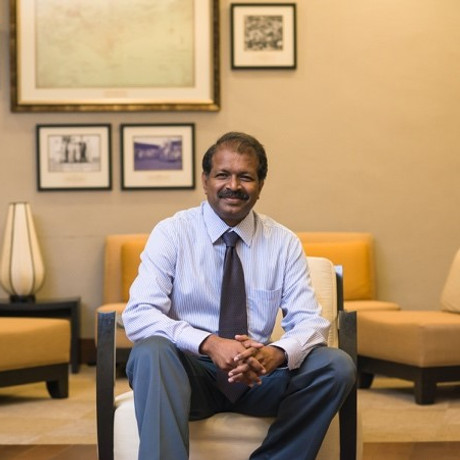
NATIONAL UNIVERSITY OF SINGAPORE (NUS)
Our qualitative comparative longitudinal study aims to:
Document the everyday lives of individuals and families living through the COVID-19 pandemic in Singapore.
Interrogate the impact of the pandemic on a range of families over one year to explore their diverse everyday experiences and the relationship between their experiences and factors such as class, gender, nationality, age and ethnicity.
It seeks to:
Investigate challenges experienced by families during these difficult times, and how they attempt to overcome them.
Convey how the rhythm of daily life in households is affected, and measures instituted by governments which have resulted in disruptions and transformations in how we live, work, eat and play.
Our research questions include:
How is the impact of the pandemic mediated by sociological variables like class, gender, nationality, age and ethnicity?
What are the perceptions and experiences of support and do vulnerable members of society who need social support services have access to them?
How effective are social policies and social services in rendering support to those who need it?
The analytical framework for this research rests on ‘ethnography’ and ‘everyday life’, both of which we approach as theory and method. Using digital ethnography, we will explore the everyday experiences of our participants and query how a sense of everydayness is sustained in face of the disruptions, uncertainties and unfamiliarity caused by the pandemic.
We aim to recruit research subjects in seven categories of families:
(At least one parent being a Singapore citizen)
Nuclear families with child/children
Extended, inter-generational families with child/children
Single parent families with child/children
Elderly living alone, or with caregiver
(Migrant groups)
Migrant families on ‘skilled’ work passes (Employment and Supplementary Passes)
Male migrant workers residing in workers’ dormitories
Female migrant domestic workers living in the homes of their employers
TEAM
Where the Passion Begins

VINEETA SINHA
Vineeta Sinha is Professor & Head of the Department of Sociology, NUS. She is trained in Anthropology& Sociology disciplines. She uses ethnographic& historical methods,& has conducted fieldwork in Singapore, Malaysia& Tamil Nadu.
Research interests include: Hindu religiosity in the Diaspora, intersections of religion, commodification& consumption processes, interface of religion& materiality, colonial/post-colonial religion-state encounters, formation of concepts/categories in the social sciences, Eurocentric/Androcentric critique of classical sociological theory, pedagogy& innovating alternative teaching practices.

NARAYANAN GANAPATHY
Narayanan Ganapathy is an Associate Professor in the Department of Sociology, NUS. He is concurrently an Associate Dean at the Faculty of Arts and Social Sciences. Ganapathy’s research and teaching interests are criminology and criminal justice related issues. He is a member of the Editorial Boards of The European Journal of Criminology, The Asian Journal of Criminology, and The International Journal of Comparative and Applied Criminal Justice.

DANIEL PS GOH
Daniel P.S. Goh is Associate Professor
of Sociology at the National University of Singapore. His research interests are in the areas of culture and state formation, race and multiculturalism,
Asian urbanisms, and religion. His current research focuses on the the growth of Christian megachurches and the production of urban futurities, both in Southeast Asia including Singapore. His work can be found at

POOJA NAIR
Pooja Nair is a Research Assistant in the Department of Sociology at the National University of Singapore (NUS). She is currently assisting with the COVID-19 research project. Prior to this, she completed her Bachelor of Arts (Honours) in Global Studies with a Minor in Sociology at NUS. Her research interests include gender, marriage and social policies.
